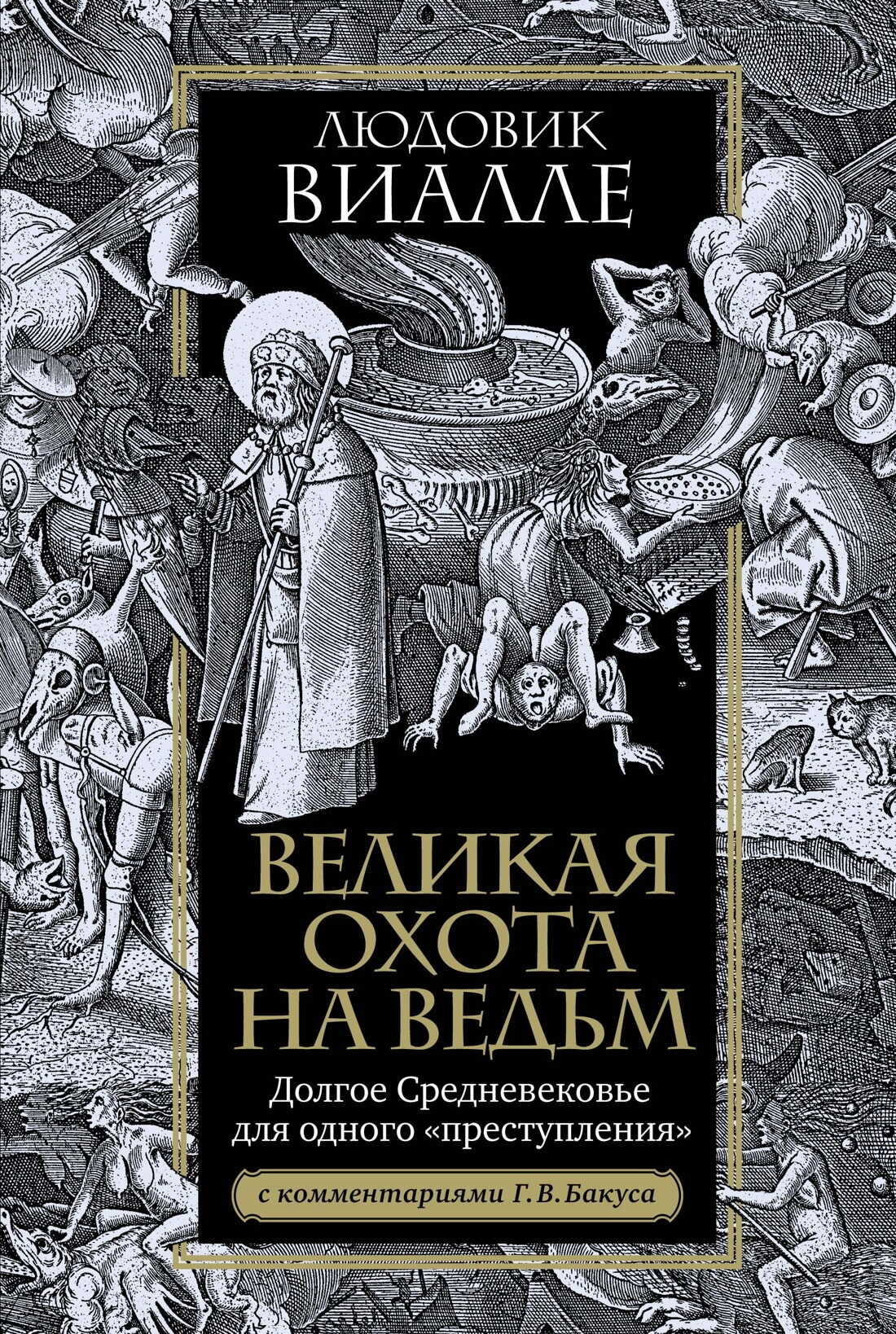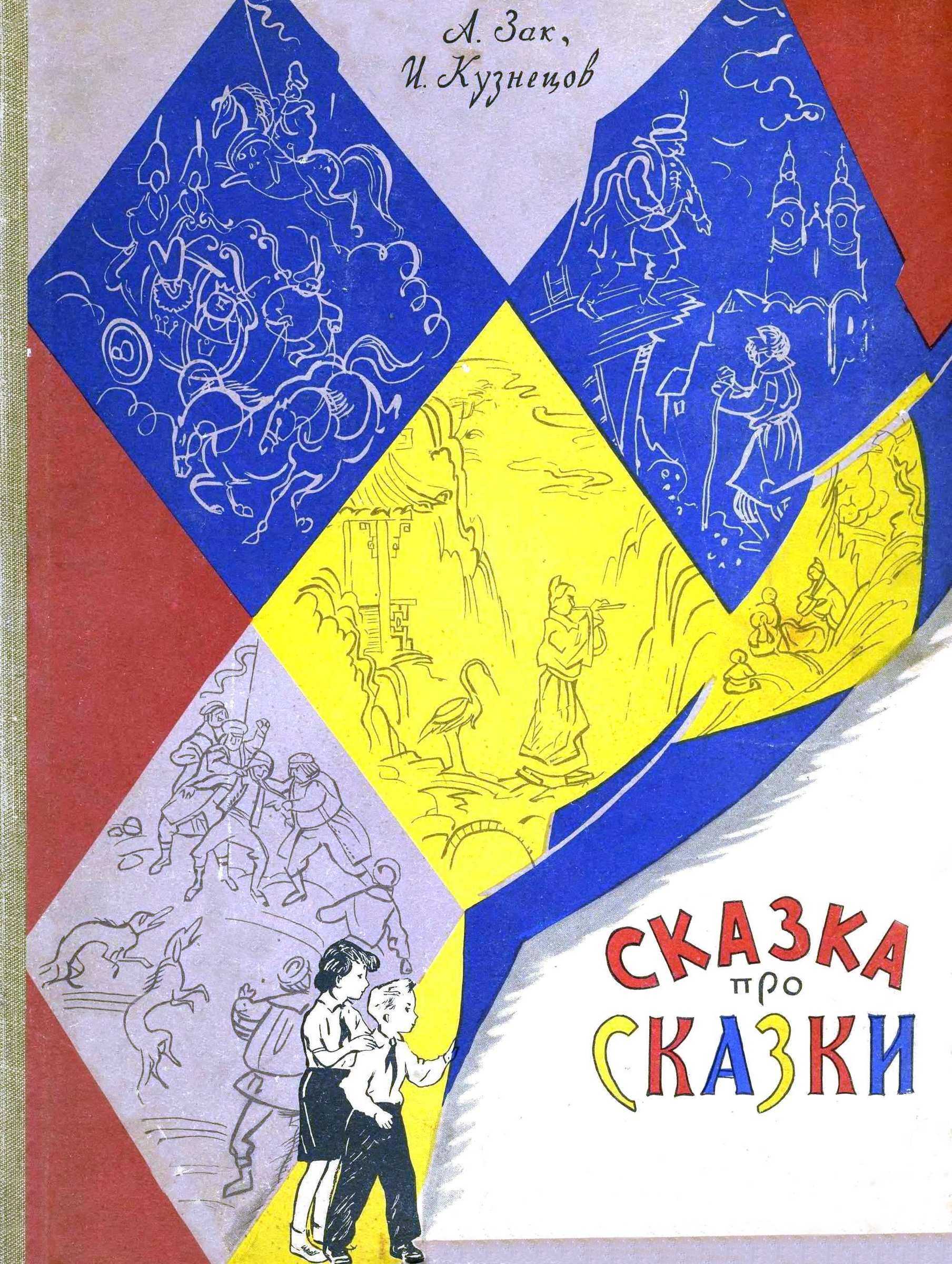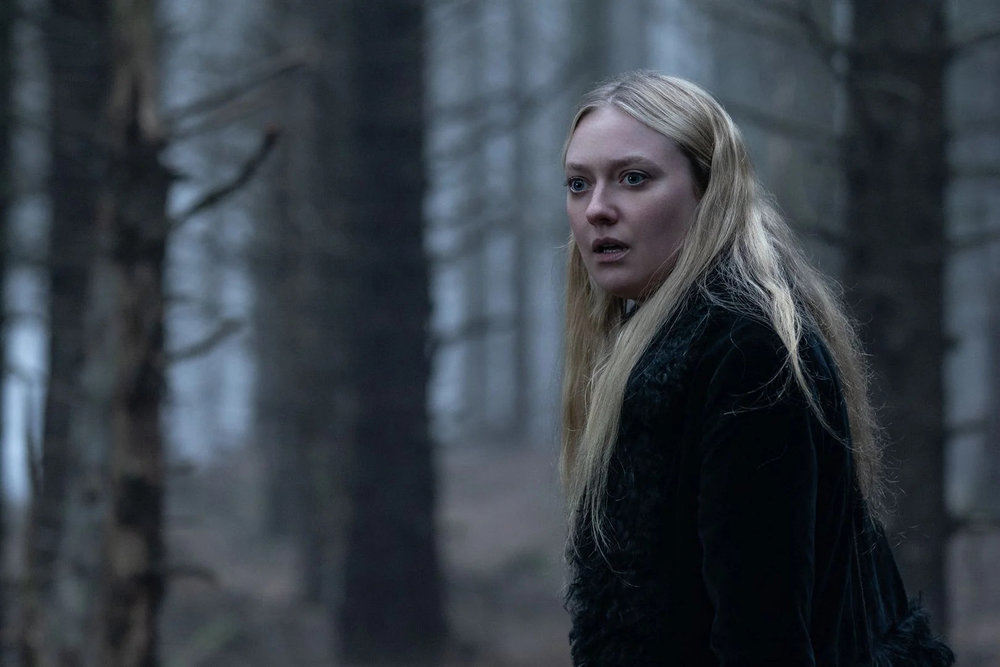Магия в Средневековье - Табита Стэнмор
Книгу Магия в Средневековье - Табита Стэнмор читаем онлайн бесплатно полную версию! Чтобы начать читать не надо регистрации. Напомним, что читать онлайн вы можете не только на компьютере, но и на андроид (Android), iPhone и iPad. Приятного чтения!
Шрифт:
Интервал:
Закладка:
Вторичные источники
Amussen, Susan Dwyer, An Ordered Society: Gender and Class in Early Modern England (New York: Columbia University Press, 1993).
Bailey, Michael D., ‘From Sorcery to Witchcraft: Clerical conceptions of magic in the Late Middle Ages’, Speculum, 76 (2001), pp. 960–90.
Bailey, Michael D., Magic and Superstition in Europe: A Concise History from Antiquity to the Present (Lanham, MD: Rowman & Littlefield, 2007).
Bailey, Michael D., ‘The Age of Magicians: Periodization in the history of European magic’, in Magic, Ritual and Witchcraft, 3 (2008), pp. 3–28.
Bellany, Alastair, The Politics of Court Scandal in Early Modern England: News Culture and the Overbury Affair, 1603–1660 (New York: Cambridge University Press, 2002).
Bellany, Alastair and Andrew McRae (eds), Early Stuart Libels: an edition of poetry from manuscript sources (online, Early Modern Literary Studies Text Series I), www.earlystuartlibels.net.
Bever, Edward, The Realities of Witchcraft and Popular Magic in Early Modern Europe: Culture, Cognition, and Everyday Life (Basingstoke: Palgrave Macmillan, 2008).
Bildauer, Bettina, Medieval Blood (Cardiff: University of Wales Press, 2006).
Bonzol, Judith, ‘The Death of the Fifth Earl of Derby: Cunning folk and medicine in early modern England’, Renaissance and Reformation, vol. 33/4 (2010).
Booth, Paul H. W. et al. (eds), Margaret Lynch (trans.), Life, Love and Death in North-East Lancashire, 1510 to 1537: A translation of the Act Book of the Ecclesiastical Court of Whalley (Manchester: Chetham Society, 2006).
Broomhall, Susan (ed.), Authority, Gender and Emotions in Late Medieval and Early Modern England (Basingstoke: Palgrave Macmillan, 2015).
Burton, Janet and Karen Stöber (eds), Monasteries and Society in the British Isles in the Later Middles Ages (Woodbridge: The Boydell Press, 2008).
Bynum, Caroline Walker, Holy Feast and Holy Fast: The Religious Significance of Food to Medieval Women (Berkeley, CA: University of California Press, 1988).
Campion, Nicholas, Astrology and Popular Religion in the Modern West: Prophecy, Cosmology and the New Age Movement (London and New York: Taylor & Francis, 2012).
Capp, Bernard, English Almanacs, 1500–1800: Astrology and the Popular Press (London: Faber & Faber, 1979).
Clark, Stuart, Thinking with Demons: The Idea of Witchcraft in Early Modern Europe (Oxford: Oxford University Press, 1999).
Collard, Franck, The Crime of Poison in the Middle Ages, trans. Deborah Nelson-Campbell (London: Praeger, 2008).
Collins, David J., The Sacred and the Sinister: Studies in Medieval Religion and Magic (University Park, PA: Penn State University Press, 2019).
Davies, Owen, Witchcraft, Magic and Culture 1736–1951 (Manchester: Manchester University Press, 1999).
Davies, Owen, Popular Magic: Cunning Folk in English History (London and New York: Hambledon Continuum, 2007).
Davies, Owen, A Supernatural War: Magic, Divination, and Faith During the First World War (Oxford: Oxford University Press, 2020) de Blécourt, Willem, ‘Witch Doctors, Soothsayers and Priests: On Cunning Folk in European Historiography and Tradition’, Social History, vol. 19/3 (1994), pp. 285–303.
Dillinger, Johannes, Magical Treasure Hunting in Europe and North America: A History, Palgrave Historical Studies in Witchcraft and Magic (Basingstoke: Palgrave Macmillan, 2012).
Fanger, Claire, Conjuring Spirits: Texts and Traditions of Medieval Ritual Magic (University Park, PA: Penn State University Press, 1998).
Fanger, Claire, Invoking Angels: Theurgic Ideas and Practices, Thirteenth to Sixteenth Century (University Park, PA: Penn State University Press, 2012).
Freeman, Jessica, ‘Sorcery at Court and Manor: Margery Jourdemayne, the Witch of the Eye next Westminster’, Journal of Medieval History, vol. 30/4 (2004), pp. 343–57.
Gibson, Marion, Early Modern Witches: Witchcraft Cases in Contemporary Writing (London: Routledge, 2000).
Gibson, Marion, Witchcraft and Society in England and America, 1550–1750 (London: Continuum, 2006).
Gibson, Marion, The Witches of St Osyth: Persecution, Betrayal and Murder in Elizabethan England (Cambridge: Cambridge University Press, 2022).
Goodare, J., L. Martin and L. Miller (eds), Witchcraft and Belief in Early Modern Scotland (Basingstoke: Palgrave Macmillan, 2008).
Heiduk, Matthias, Klaus Herbers and Hans-Christian Lehner (eds), Prognostication in the Medieval World (Berlin: De Gruyter, 2021).
Hug, Tobias B., Impostures in Early Modern England: Representations and Perceptions of Fraudulent Identities (Manchester: Manchester University Press, 2009).
Hutton, Ronald, The Witch: A History of Fear from Ancient times to the Present (New Haven, CT, and London: Yale University Press, 2017).
Jackson, William, ‘The Use of Unicorn Horn in Medicine’, Pharmaceutical Journal, vol. 273 (2004), pp. 925–7.
Jaquet, Daniel, Karin Verelst and Timothy Dawson (eds), Late Medieval and Early Modern Fight Books: Transmission and Tradition of Martial Arts in Europe (14th–17th Centuries), (Leiden: Brill, 2016).
Jenner, Mark S. R. and Patrick Wallis, Medicine and the Market in England and Its Colonies, c.1450 c.1850 (Basingstoke: Palgrave Macmillan, 2007).
Johnson, Tom, ‘Soothsayers, Legal Culture, and the Politics of Truth in Late-Medieval England’, Cultural and Social History, vol. 17/4 (2020), pp. 431–50.
Jones, Karen and Michael Zell, ‘ “The divels speciall instruments”: women and witchcraft before the “great witch-hunt” ’, Social History, vol. 30/1 (2005), pp. 45–63.
Jones, Timothy S. and David A. Sprunger, Marvels, Monsters, and Miracles: Studies in the Medieval and Early Modern Imaginations (Kalamazoo, MI: Medieval Institute Publications, 2002).
Kelly, H. A., ‘English Kings and the Fear of Sorcery’, Mediaeval Studies (1977), pp. 206–38.
Kieckhefer, Richard, ‘Magic and its Hazards in the Late Medieval West’, in Brian P. Levack (ed.), The Oxford Handbook of Witchcraft in Early Modern Europe and Colonial America (Oxford: Oxford University Press, 2013), pp. 13–31.
Kieckhefer, Richard, Magic in the Middle Ages, 3rd edn (Cambridge: Cambridge University Press, 2022).
Kittredge, G. L., Witchcraft in Old and New England (Harvard, CT: Harvard University Press, 1929).
Kivelson, Valerie, Desperate Magic: The Moral Economy of Witchcraft in Seventeenth-Century Russia (Ithaca, NY: Cornell University Press, 2013).
Klaassen, Frank, The Transformations of Magic: Illicit Learned Magic in the Later Middle Ages (Pennsylvania: Pennsylvania State University Press, 2013).
Klaassen, Frank and Sharon Hubbs Wright, The Magic of Rogues: Necromancers in early modern England (Pennsylvania: Pennsylvania State University Press, 2021).
Lawrence-Mathers, Anne, The True History of Merlin the Magician (New Haven, CT, and London: Yale University Press, 2012).
Lawrence-Mathers, Anne and Carolina Escobar-Vargas, Magic and Medieval Society (London: Routledge, 2014).
Macfarlane, Alan, Witchcraft in Tudor and Stuart England: A Regional and Comparative Study (London: Routledge, 1999).
Moore, Lucy, Lady Fanshawe’s Receipt Book: An Englishwoman’s Life During
Прочитали книгу? Предлагаем вам поделится своим отзывом от прочитанного(прослушанного)! Ваш отзыв будет полезен читателям, которые еще только собираются познакомиться с произведением.
Уважаемые читатели, слушатели и просто посетители нашей библиотеки! Просим Вас придерживаться определенных правил при комментировании литературных произведений.
- 1. Просьба отказаться от дискриминационных высказываний. Мы защищаем право наших читателей свободно выражать свою точку зрения. Вместе с тем мы не терпим агрессии. На сайте запрещено оставлять комментарий, который содержит унизительные высказывания или призывы к насилию по отношению к отдельным лицам или группам людей на основании их расы, этнического происхождения, вероисповедания, недееспособности, пола, возраста, статуса ветерана, касты или сексуальной ориентации.
- 2. Просьба отказаться от оскорблений, угроз и запугиваний.
- 3. Просьба отказаться от нецензурной лексики.
- 4. Просьба вести себя максимально корректно как по отношению к авторам, так и по отношению к другим читателям и их комментариям.
Надеемся на Ваше понимание и благоразумие. С уважением, администратор knigkindom.ru.
Оставить комментарий
-
 Гость Татьяна05 июль 08:35
Спасибо. Очень интересно ...
В плену Гора - Мария Зайцева
Гость Татьяна05 июль 08:35
Спасибо. Очень интересно ...
В плену Гора - Мария Зайцева
-
 Фарида02 июль 14:00
Замечательная книга!!! Спасибо автору за замечательные книги, до этого читала книгу"Странная", "Сосед", просто в восторге....
Одна ошибка - Татьяна Александровна Шумкова
Фарида02 июль 14:00
Замечательная книга!!! Спасибо автору за замечательные книги, до этого читала книгу"Странная", "Сосед", просто в восторге....
Одна ошибка - Татьяна Александровна Шумкова
-
 Гость Алина30 июнь 09:45
Книга интересная, как и большинство произведений Н. Свечина ( все не читала).. Не понравилось начало: Зачем постоянно...
Мертвый остров - Николай Свечин
Гость Алина30 июнь 09:45
Книга интересная, как и большинство произведений Н. Свечина ( все не читала).. Не понравилось начало: Зачем постоянно...
Мертвый остров - Николай Свечин










